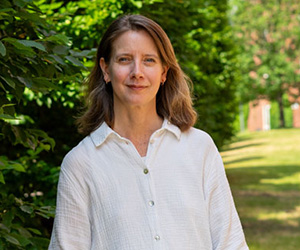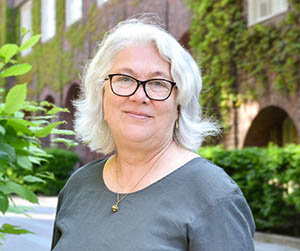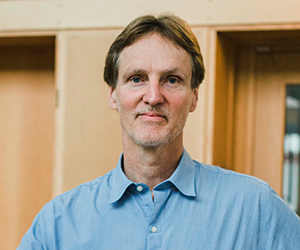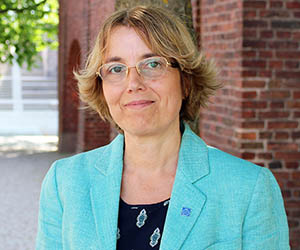‘We will continue our efforts to create an attractive, equal and inclusive workplace’
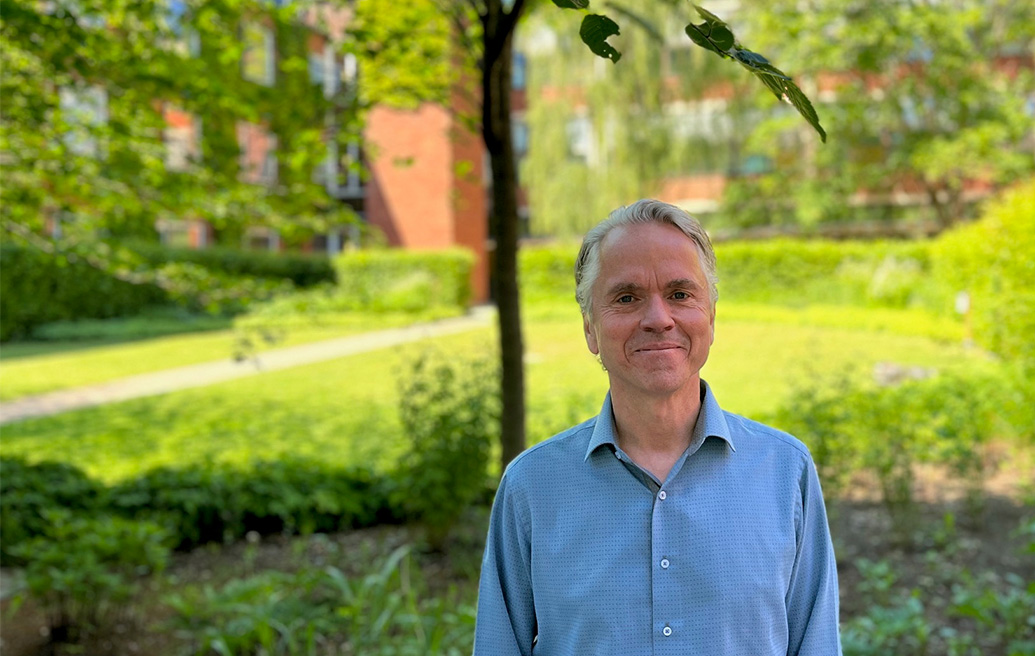
KTH's schools have each developed a reform agenda that replaces the school's traditional operational plan and is an integral part of KTH's overall operational plan. Head of School Björn Berggren explains what the ABE School aims to achieve in the coming years.
Why a reform agenda?
The Reform Agenda calls us to action! KTH's five schools are working towards the same goals in line with the overall vision, but with different focuses depending on needs and priorities. We work together, and find solutions together.
What is the ABE reform agenda and how has it been developed?
We focus on objectives in four priority areas: Attractive, Equal and Inclusive Workplace; Developing our Educational Offer and Enhancing the Quality of Education; Developing Complete Academic Environments; and Striving for a Transparent and Balanced Economy. The reform agenda has been developed through meetings with all departments, the Faculty Board, the faculty and others over a period of approximately 1½ years.
What is the school aiming to achieve?
We are continuing our efforts to create an attractive, equal and inclusive workplace. Among other things, we are conducting a survey of academic housekeeping and working on treatment and discrimination. We will continue with previous initiatives, such as increasing the number of female visiting professors and competence development in gender equality mainstreaming in education. We will also start working strategically with diversity.
In terms of our educational offer, we are starting a review of the school's programmes to ensure the quality work going forward. We are looking for a new Deputy GA to focus on programme and course revision. The new Faculty Board will be integrated into the quality system, and we need to clarify their role. We are also working on creating more precise assignments and division of responsibilities within lifelong learning.
Another focus area is to develop complete academic environments* throughout the school. This requires us to review, among other things, the teaching load in different environments.
Finally, work is being done to ensure that our finances are in balance. At the school level, it looks ok, but there are parts we need to review. The goal is for the entire school to have a balanced economy by 2026. Step one is to create good processes and organisation for planning our education.
What do you think about KTH's overall goals and vision?
The vision and goals have been anchored in many different contexts and are close to the organisation. I like them, they are short, to the point and feel well defined. There is a focus on action - less words and more action!
*Complete academic environments require research-linked education at all levels, a sustainable and balanced faculty composition, well-developed collaboration with the surrounding society, and a balance between grant-funded and externally funded research.

